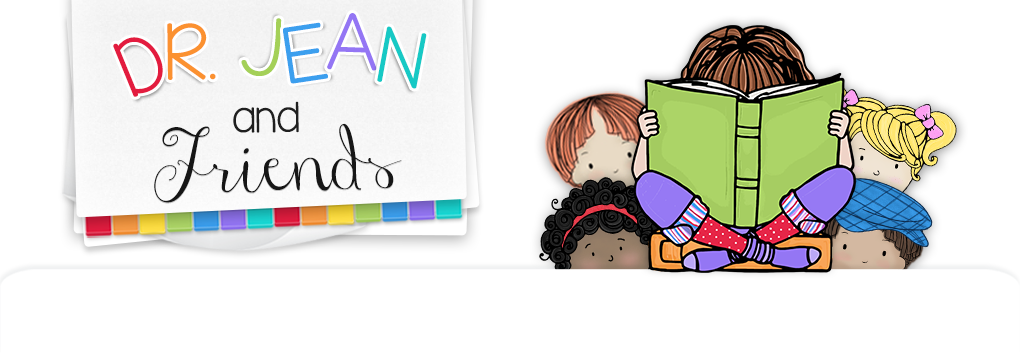
What is CRITICAL THINKING? What is “love”? What is “good”? The very term “critical thinking” suggests a wide variety of responses and diverse opinions. When we discuss helping children develop critical thinking skills we are talking about helping them learn to think. It’s the opposite of “yes” “no” questions. It’s more than just spouting out facts. Critical thinking is open-ended, complex, and can have multiple responses. It’s getting children to think independently and to think outside the box.
From the moment of birth children take in information, respond to information, use that information, and begin to think critically. Children (and adults) use critical thinking every day!
When children solve problems…
When children make comparisons…
When children make decisions and think about the consequences…
When children make connections…
When children evaluate…
They are developing critical thinking skills.
Educators and parents can nurture critical thinking skills in many ways.
Encourage curiosity. Give children interesting materials, time to explore, and freedom.
Invite children to ask questions and evaluate how they could do something differently.
Encourage children to “think out loud.” That will give you insight into where they are and where you need to lead them.
Provide opportunities for children to work with others and talk about their ideas.
Respect children’s answers. Judging or criticizing their responses will inhibit their creativity and unique perspective.
Ask WHAT questions. What happened? What do you think will happen if…? What would you do? What will happen next…? What do you think about...?
Ask HOW questions. How is ____ like ____? How are they different? How would you...?
Ask WHY questions. Why did ____?
If you’ve read this blog YOU have been using your CRITICAL THINKING skills!

